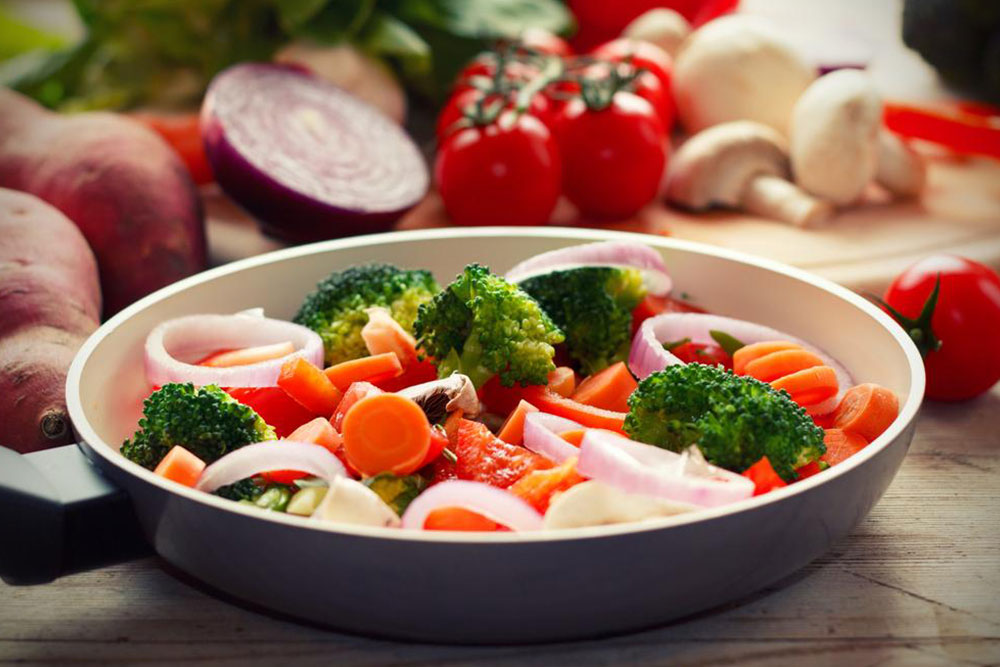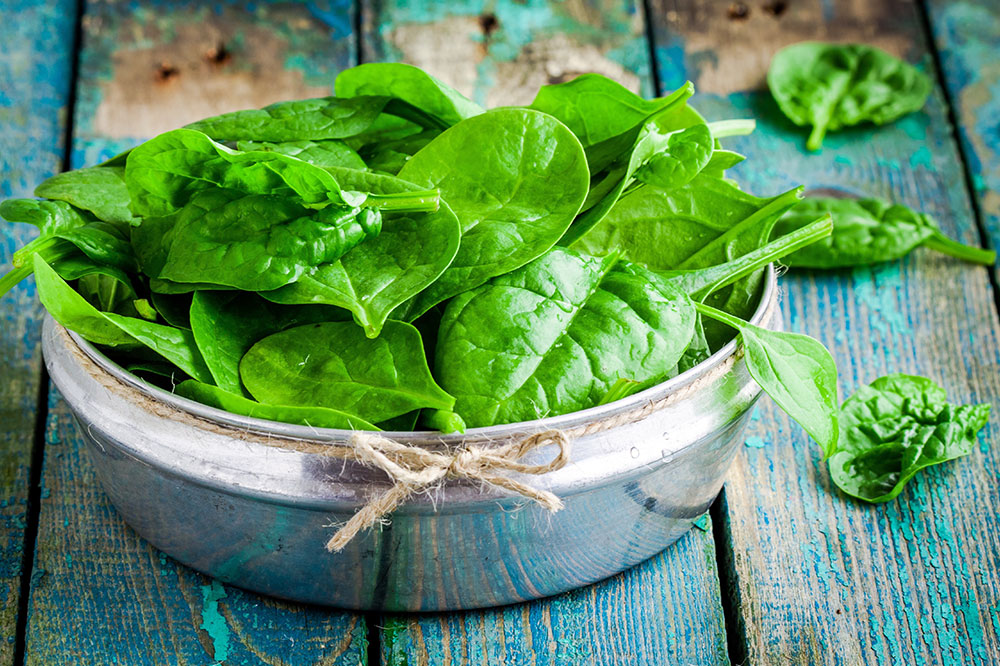Key Nutrients to Reduce Muscle Cramping and Improve Muscle Health
Discover essential nutrients like magnesium, potassium, and calcium that can help prevent muscle cramps and enhance muscle function. Incorporate foods like quinoa, bananas, dairy, and beans into your diet for long-term relief. This guide offers practical dietary tips backed by research to support muscle health and reduce discomfort from cramps.

Experiencing muscle cramps can be both painful and frustrating. These sudden spasms often feel like needles piercing your muscles, temporarily immobilizing you. Causes include dehydration, strenuous exercise, or underlying health issues such as diabetes. Including specific nutrient-rich foods in your diet can help minimize the occurrence and intensity of cramps over time.
Quinoa: A versatile grain high in magnesium, essential for maintaining proper muscle function. Incorporate cooked quinoa into your meals as a rice alternative.
Bananas: Rich in potassium, which supports muscle activity. Other potassium-rich options like sweet potatoes and melons are beneficial too.
Dairy Products: Milk, yogurt, and cheese provide calcium, crucial for muscle contraction regulation. Combining these with leafy greens and sardines boosts calcium intake.
Celery: Contains natural sodium, helping sustain fluid balance, especially after physical activity where sodium is lost through sweat.
Oatmeal: The magnesium content in oats helps relax muscles. Whole-wheat bread and pasta also contribute to magnesium levels.
Beans: A great source of magnesium, aiding in the reduction of muscle spasms and cramping.
Integrating these foods into your daily diet can significantly prevent muscle cramps and promote overall muscle health.
Disclaimer: Our platform offers well-researched, informational content. While we strive for accuracy, content should be considered as guidance rather than definitive advice. We are not liable for discrepancies or errors from external sources and do not guarantee that all beneficial schemes or offers are included.


